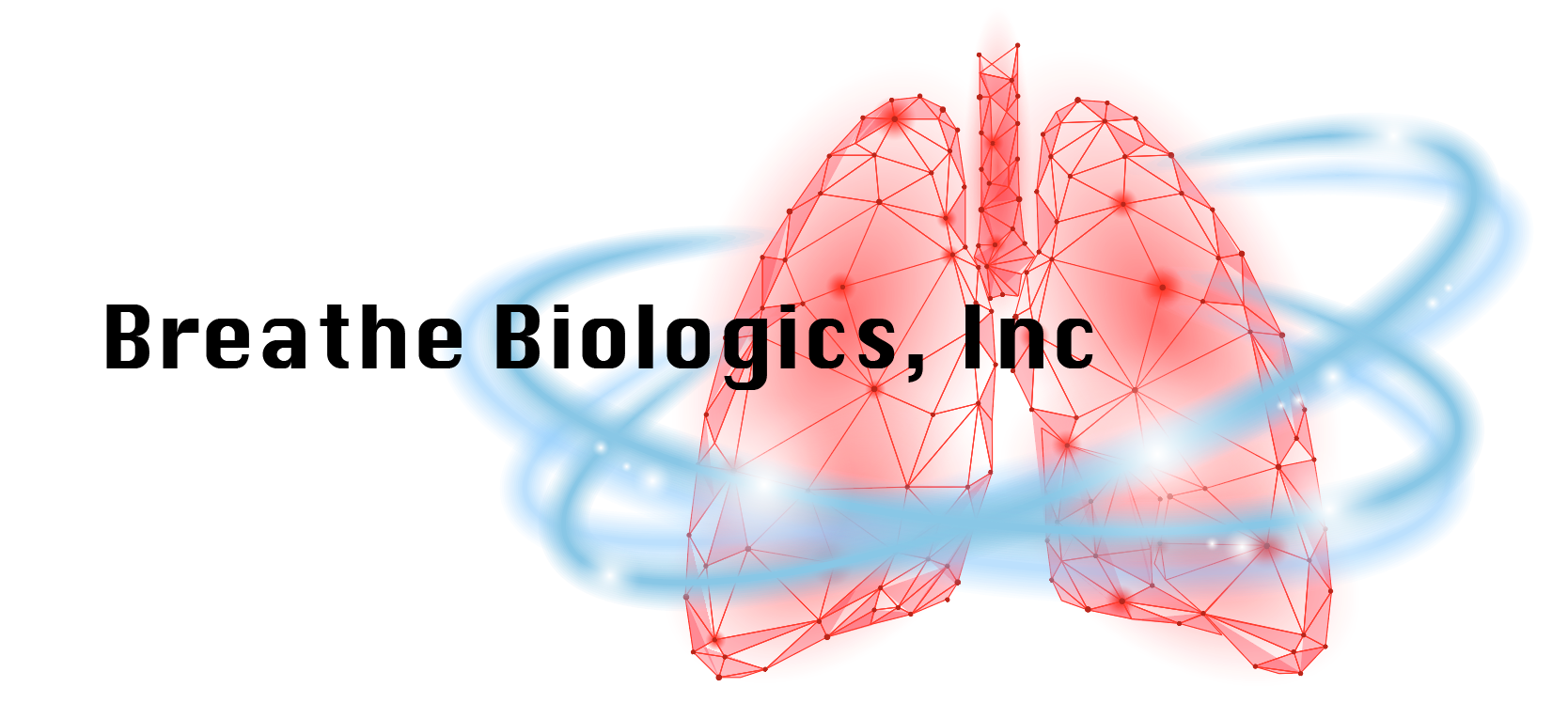JadiCell Therapy for COPD IND # 28508
To determine safety and efficacy of intravenously administered allogeneic JadiCell umbilical cord blood mesenchymal stem cells in patients with moderate-to-severe COPD. The Primary Endpoint, which is toxicity, will be assessed by number of adverse events (AEs). The Secondary Endpoint, which is efficacy will be evaluated at baseline and days 30, 60, and 90.
COPD is a consistently progressive, ultimately fatal disease for which no treatment exists capable of either reversing or even interrupting its course. It afflicts more than 5% of the population in many countries, and it accordingly represents the third most frequent cause of death in the U.S., where it accounts for more than 600 billion in health care costs, morbidity, and mortality.
COPD possesses several features making it ideal for stem cell-based interventions: a) the quality of life and lack of progress demands the ethical exploration of novel approaches. For example, bone marrow stem cells have been used in over a thousand cardiac patients with some indication of efficacy. Adipose-based stem cell therapies have been successfully used in thousands of race-horses and companion animals without adverse effects, as well as numerous clinical trials are ongoing and published human data reports no adverse effects.
Mesenchymal Stem Cells (MSCs) are potent immunomodulatory cells that recognize sites of injury, limit effector T cell reactions, and stimulate regulatory cell populations (i.e., T-regs) via growth factors, cytokines, and other mediators. Simultaneously, MSCs also stimulate local tissue regeneration via paracrine effects inducing angiogenic, anti-fibrotic and remodeling responses. Consequently, MSCs-based therapy represents a viable treatment option for autoimmune conditions and other inflammatory disorders, yielding beneficial effects in models of autoimmune Type 1 Diabetes, Systemic Lupus Erythematosus, Autoimmune Encephalomyelitis, Multiple Sclerosis, cardiac insufficiency, and organ transplantation. MSCs have been reported to inhibit inflammation and fibrosis in the lungs, have shown safety in clinical trials for ARDS, and have been recently suggested as useful to treat patients with severe COVID-19 based on their effects preventing or attenuating the immunopathogenic cytokine storm.
Unfortunately, evaluation of stem cell therapy in COPD has lagged behind other areas of regenerative investigation; b) the underlying cause of COPD appears to be inflammatory and/or immunologically mediated. The destruction of alveolar tissue is associated with T cell reactivity, pathological pulmonary macrophage activation, and auto-antibody production. Mesenchymal stem cells have been demonstrated to potently suppress autoreactive T cells, inhibit macrophage activation, and autoantibody responses. Additionally, mesenchymal stem cells can be purified in high concentrations from adipose stromal vascular tissue together with high concentrations of T regulatory cells, which in animal models are approximately 100 times more potent than peripheral T cells at secreting cytokines therapeutic for COPD such as IL-10. Additionally, use of adipose derived cells has yielded promising clinical results in autoimmune conditions such as multiple sclerosis; and c) Pulmonary stem cells capable of regenerating damaged parenchymal tissue have been reported. Administration of mesenchymal stem cells into neonatal oxygen-damaged lungs, which results in COPD-like alveoli dysplasia, has been demonstrated to yield improvements in two recent publications.
Based on the above rationale for stem cell-based COPD treatments, we are proposing a 10 patient Phase I safety trial to assess ability of JadiCell, a type of umbilical cord derived stem cells to improve objective and quality of life parameters in patients with moderate to severe COPD.
MSCs can be derived in large number from the Umbilical Cord (UC). JadiCells are a type of UC-MSCs, which can be utilized in the allogeneic setting and have demonstrated safety and efficacy in clinical trials for a number of disease conditions including inflammatory and immune-based diseases. UC-MSCs have been shown to inhibit inflammation and fibrosis in the lungs.
JadiCell UC-MSCs have been utilized to treat patients with severe COVID-19 and have yielded promising results, preventing, or attenuating the cytokine storm. JadiCells have been recently introduced intravenously in patients with a neurodegenerative disorder and have been approved for testing in patients with Type 1 Diabetes (TlD). We hypothesize that JadiCells will exert beneficial therapeutic effects in COPD.
